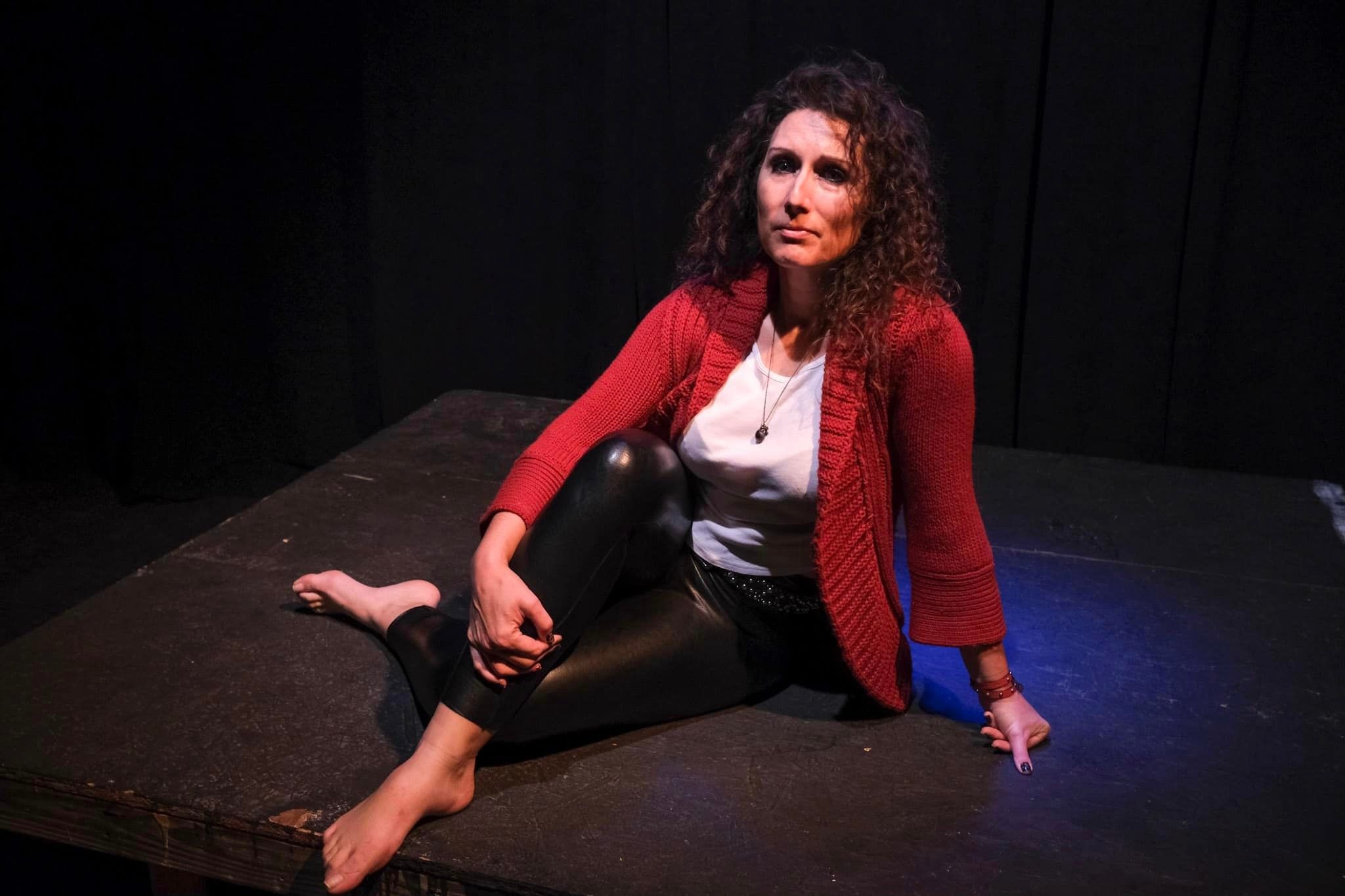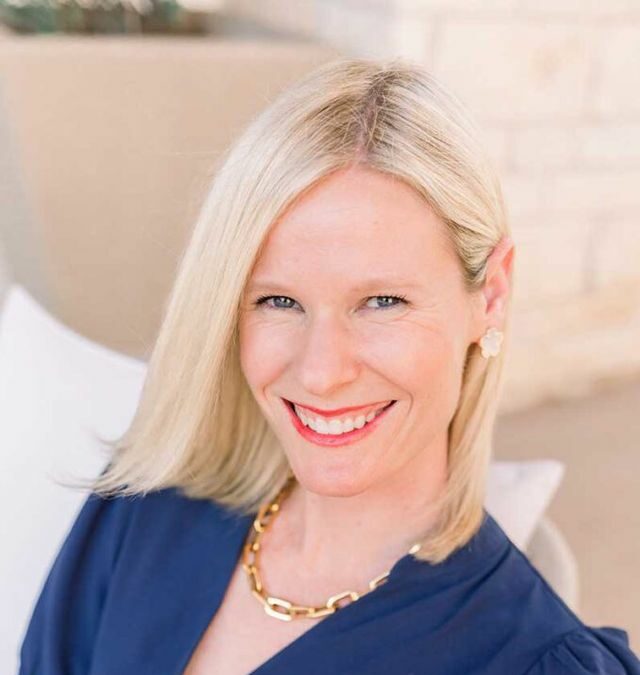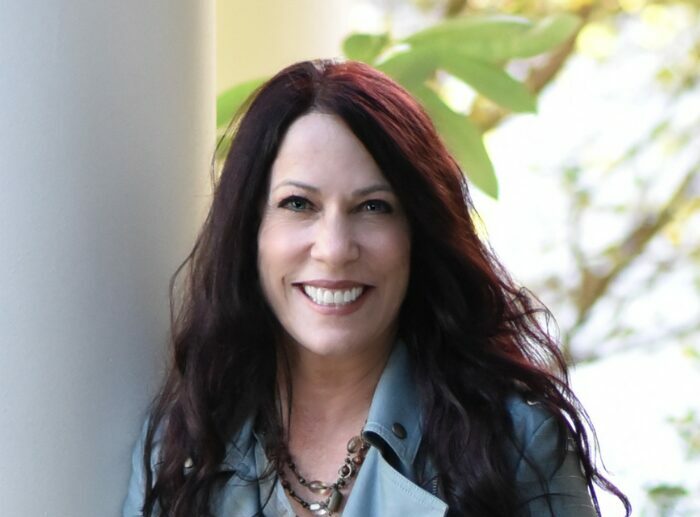Alright – so today we’ve got the honor of introducing you to Sarah Alida LeClair. We think you’ll enjoy our conversation, we’ve shared it below.
Hi Sarah Alida, so excited to talk about all sorts of important topics with you today. The first one we want to jump into is about being the only one in the room – for some that’s being the only person of color or the only non-native English speaker or the only non-MBA, etc Can you talk to us about how you have managed to be successful even when you were the only one in the room that looked like you?
Being in female led spaces like the cohort at Moxie Theatre has been an eye opening education into the way that we can speak to each other and for ourselves as women. Very often we spend our time apologizing when we speak, whether that’s something that we explicitly say or whether we spend time framing what we have to say so that it won’t give offense, or so that we can spare someone’s potential feelings, or so we can find the right words to express ourselves so that our ideas will be listened to. Whether that’s been explicitly told to us as women by the media or by our mothers, I don’t know–but I do know it is an exhausting part of being a woman especially in a conversations that are important to you. How do you hold your emotions in check and still express yourself passionately but still find just the right words but still avoid giving offense?
Jen Thorn at Moxie taught me that a primary tenet they have tried to live by is that in their space, we don’t apologize to each other. Not for having opinions or for disagreeing or for feeling things, not to truth tell or to set higher expectations or ask for the things we need. My two years spent both as a performer and as a teacher hosting the teaching artists from Moxie immersed me into this culture of releasing ourselves as women from the draining practice of constant apologetics. If we accept amongst ourselves to be truth tellers, at least amongst ourselves we can breathe.
More difficult of course to bring this practice into a space where you are the only woman; but I find the repetition and practice of not apologizing, of something I mentally call “Real Talk”, of telling with bleak honesty what I see, what needs to happen, and how I can support those goals is much easier in all spaces now that I have experienced what it feels like to speak (and to think) without the weight of constantly having to please and avoid offense. It’s something I was already practicing in my high school where I teach in the lower economic communities of East County–my students wouldn’t stand for anyone “being fake” and didn’t care about anyone hurting their feelings, they demanded that I tell them the truth, always. Now I’ve just brought that into all areas of my life, from my classroom to my private teaching to my work as a performer to my new work to create feminist art.
Great, so let’s take a few minutes and cover your story. What should folks know about you and what you do?
I’ve spent the bulk of my adult life performing, singing, and teaching kids and adults how to perform and sing. About a year ago, after putting together dozens of cabarets and full shows and fundraising tens of thousands for scholarships for the students at the low income high school where I teach, I still felt frustrated in trying to get my projects produced in the larger theatrical community. As a performer myself, I was confused about the lack of opportunities for women in singing, acting, writing, and directing. I reached out to the most furiously organized and passionate person I knew, Josalyn Johnson, and said what if we did this for real? Put together our own production company to focus specifically on women’s musical theatre?
What if we could raise money for scholarships for girls that wasn’t obstructed by red tape so girls could use it to develop their arts and talents in the way that made most sense for them? Create educational opportunities that bridged the gap to professional performing for underprivileged women and girls? Most of all, created opportunities for women and girls of all ages, sizes, shapes, body ableness, ethnicities and gender and sexuality spectrum to sing?
Inspired by the monumental work at Moxie Theatre we set out to create a production company specifically for women’s art in musical theatre that would develop new works for women and about women. We called on the smart creative women we knew and put together a season of plays and cabarets while we gathered the funds for a 501c3 for our new female-led company–Riot Productions.
Our March production of “Cats Can’t Eat Yarn”, five short plays by Carla Navarro, featured five directors and five diverse teams of women from all backgrounds artistically and culturally. Chilean-American Playwright and artist Carla Navarro has been my biggest artistic inspiration in the past years, in her fearless work as an actor and a writer, and I was touched by her plays–somehow in ten minute short plays she was able to touch the entire spectrum of raw human emotion with her complex relationships. Her stories were about women–about living with addiction, about not wanting motherhood, about caring for a parent who never cared for you, about what society’s expectations were of us as women and what we WANTED as humans.
In so many ways, this new production company Riot is the culmination of everything I’ve been doing for the last twenty years–fundraising, activism for the intersection of communities of poverty and of color, and creating meaningful art. With “Cats Can’t Eat Yarn” Riot was able to produce a piece of art I believe in and support a writer and actors and directors I feel inspired by, as we form female led and female created art.
With the vocal competition we’re sponsoring and co-hosting in April, “East County Star” I get to support east county kids in breaking through those obstacles of color and of poverty in pushing forward to perform at their next level. With our gender flipped Hamilton concert last fall, a fundraiser to raise money for young singers to get recording studio time, I got to bring together the singers of my professional life I admire most and flip the script to make a score I love feature the women I love.
My own writing will be our May show as my play “Audition Sides” got accepted to Fringe San Diego this year. I get to not only see my words come to life in front of an audience but act in a play where the woman has arc and agency exactly as I wrote her.
This June we’ll be premiering a new musical work, “White Space”, a song prism by a musician I admire and who inspires me beyond words, Korrie Yamaoka, in collaboration with New Village Arts. I get to see something fantastic I believed in come to life in front of my eyes.
Fundraising, activism, producing, writing, singing and acting—I feel like my whole life has led to this moment and to Riot Productions.
Looking back, what do you think were the three qualities, skills, or areas of knowledge that were most impactful in your journey? What advice do you have for folks who are early in their journey in terms of how they can best develop or improve on these?
1. Listening. I think it’s crucial in teaching, in art, and in activism. Everyone’s experience is different, everyone is on a different point in their own personal journey, so taking that time to step back and allow people to tell you what their experience and their journey is essential to understanding and finding the best path to communicate, to teach and to story-tell collaboratively. Although it’s important to be vulnerable, I think, to share your own story, it’s also important to hear where others are coming from and not assume that everyone’s background or emotional reaction to events is going to be the same as yours or the same as you expect.
2. Empathy. Trying to understand the why behind people’s fears and the things that obstruct them from moving forward is an essential part of my job. Whether it’s voice lessons where I’m trying to help someone push past the negative voices in their heads that are stopping them from singing with full confidence, or its teaching in the classroom and trying to understand what is behind a teenager acting out, or in reading a script or a score and trying to put myself in the author’s shoes, empathy is the key to creating and surviving art.
3. Vulnerability. I think when you can admit where your emotions are rooted, what your past has been, how you’re feeling and reacting to the present, you can have the most genuine conversations and the realest teaching moments. Sharing your passions and your triumphs, your failures and your fears can help the people around you relate to you whether you’re in a business meeting or a classroom or a rehearsal space. Especially in talking to potential donors or audience members you hope to inspire, you have to share what is bringing you to this moment and do it honestly if you have a hope of connecting.
One of our goals is to help like-minded folks with similar goals connect and so before we go we want to ask if you are looking to partner or collab with others – and if so, what would make the ideal collaborator or partner?
The mission statement for Riot Productions is to amplify the voices of women particularly at the intersection of communities of people of color and the lgbtqia+ community; looking for stories we can tell with women who have arc and agency of their own and don’t exist just to make the people around them grow.
To that end I’ve been asking many of the women I know in the theatrical community what they would do if they had the freedom to do whatever they wanted and to my surprise, actors came back saying they had always wanted to direct. Musicians said they had scripts they’d written, directors had music they’d been working on. Many of my very successful friends hadn’t been able to do the kinds of projects they’d been interested in branching out into because there just hadn’t been space in our community for them and no one would give them the opportunity.
So when we say we want to amplify those voices, I think what we mean by that is that we want to amplify not only the women-written projects, and projects in general that put women at the center, but we want to give opportunities for women to change and grow and excel in new areas where they perhaps haven’t yet had the chance to expand into. I love that our projects for this first season are full of unexpected new things. With both the plays of Carla Navarro and the song cycle of Korrie Yamaoka, we’re featuring the writing and creations of two very well known performers in San Diego. San Diego audiences will be very familiar with their performances but may not have had a chance to hear and see their writing before, and audiences will now be able to see a whole new facet of their talents. We’re very lucky to have Kay McNellen directing for our piece for Fringe, and again, she’s an incredible, iconic professional actor in San Diego–but she hasn’t yet been given the opportunity to direct until now. We were able to get some incredibly talented but lesser known actors into our piece “Cats Can’t Eat Yarn” and put them in front of some of the powerful directors in town who were immediately excited about what they’d be able to do on their own seasons.
We’re trying to create space, above all, for women.
So for sure–we are looking for writers who have scripts and musical scores to share that place the female identifying characters in the center of their own stories. As a teacher and an educator, I really enjoy the development process and collaborative work, so I would say we’re looking for people who are ready to take something wonderful they’ve written and see how we can elevate and story tell with vulnerability and honesty. We’re looking for women who want to express themselves boldly whether that be through writing, acting, singing, or directing–who are ready to tackle tough topics and share themselves in a way that makes these stories make a difference.
We are super proud that in San Diego there are so many new small theatres who rather than continuing to bang their heads against the gates and walls that stop people from performing, just went out, as we hope to do, and created their own spaces. We hope to do some collaborations with those kinds of small theatres creating brave art so that we can accomplish both our missions with a larger audience.
We definitely are grateful for donations, as we just filed our 501c3 paperwork and would like to be able to tackle bigger projects in bigger venues for longer runs.
And of course we’re so grateful to have producers, stage managers, social media support staff, and marketing help.
We’d like to create spaces for women to talk back about how things are and how things should be in the San Diego theatre scene, and we’d love to have you join us at one of our roundtables.
People can connect with us at:
Instagram–@riotproductionsinc
Facebook–Riot Productions
Venmo–@riot-productions
Contact Info:
- Instagram: @riotproductionsinc
- Facebook: Riot Productions
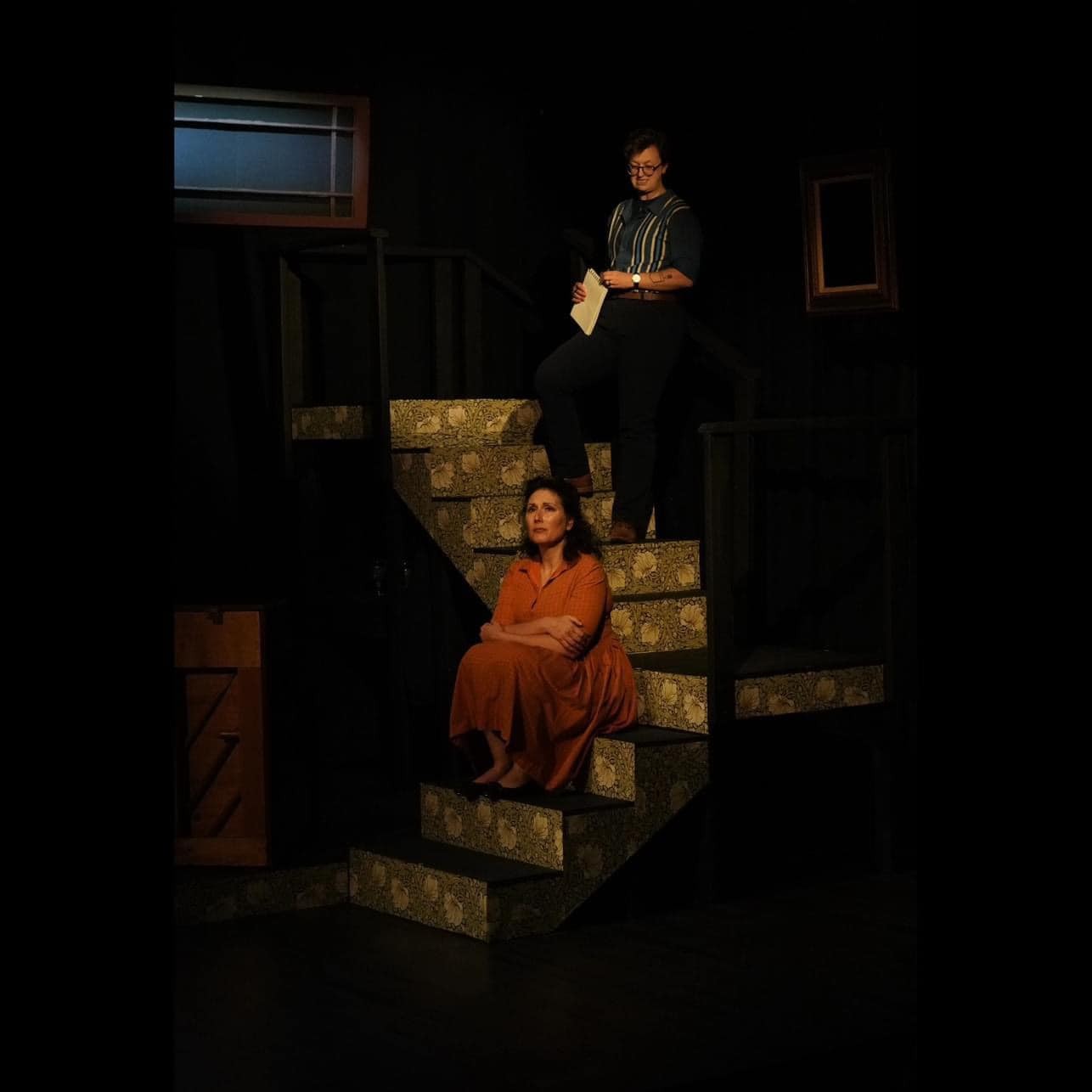
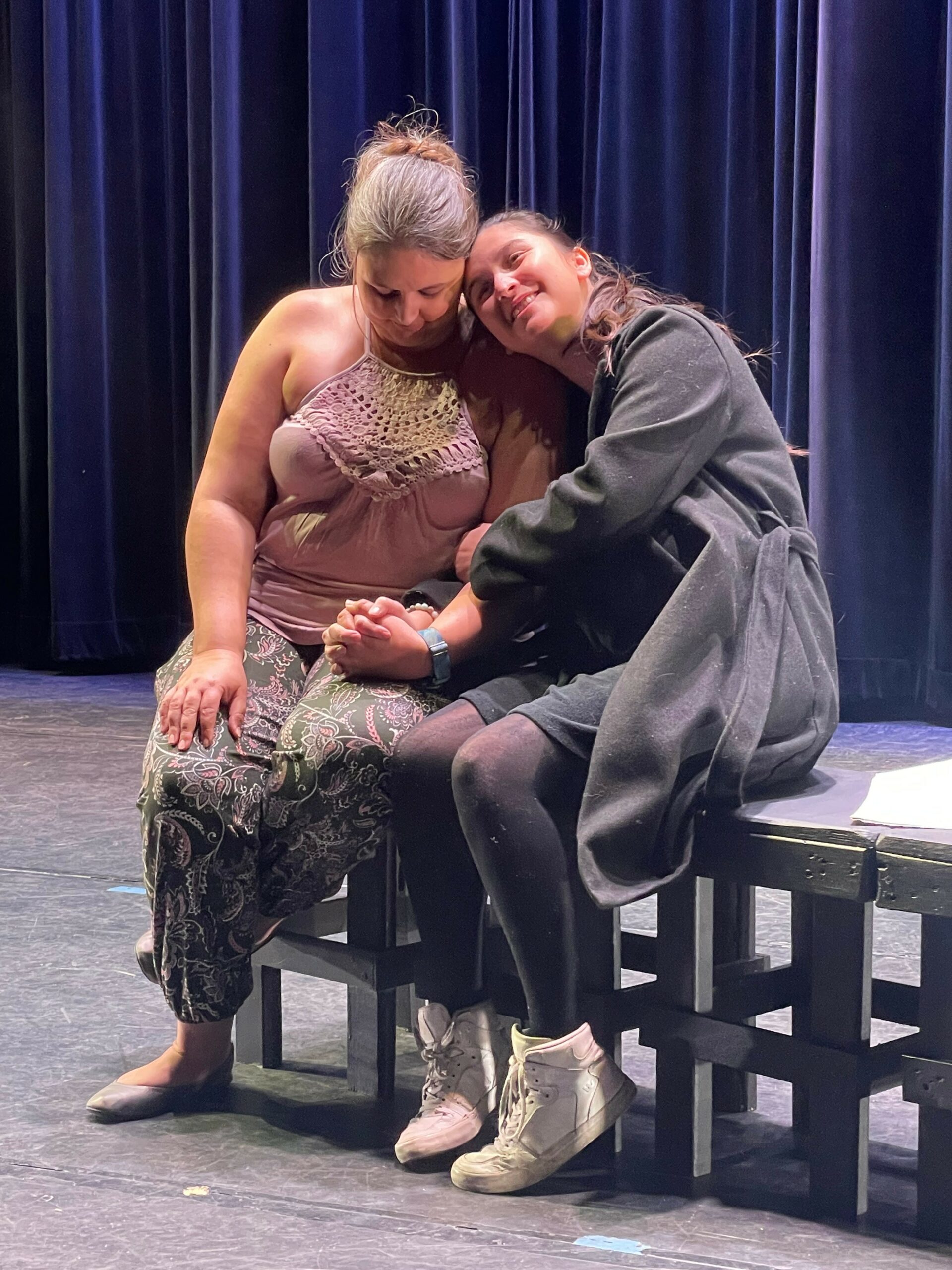
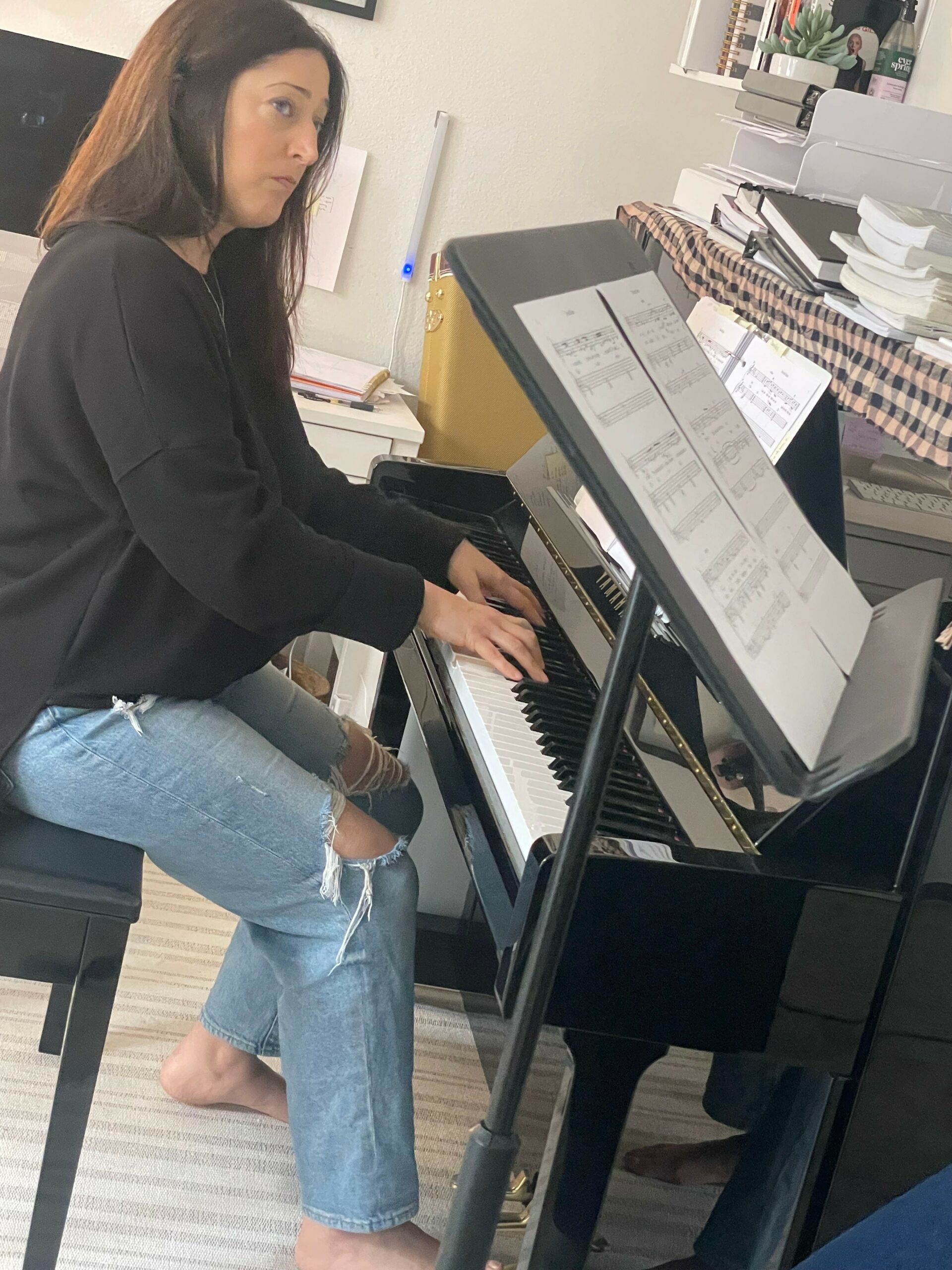
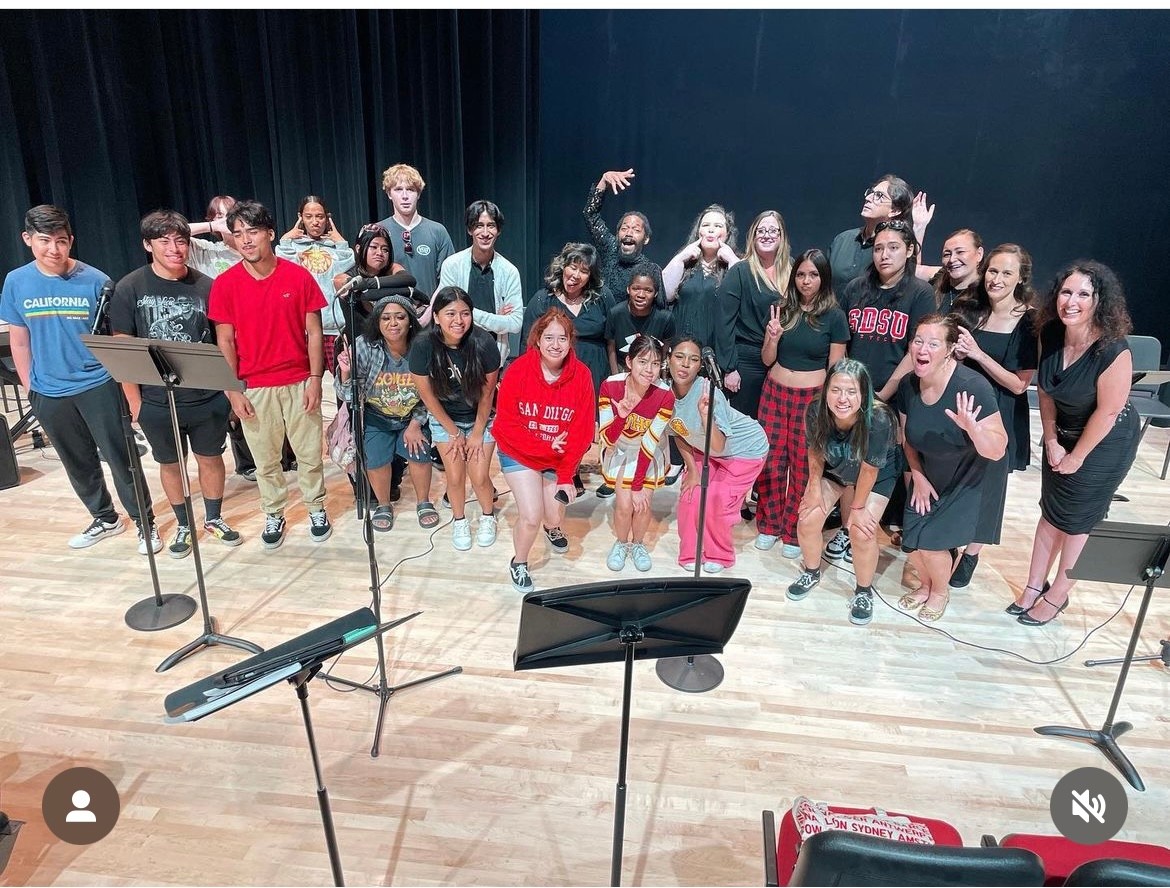
Image Credits
Ken Jacques Darren Scott

